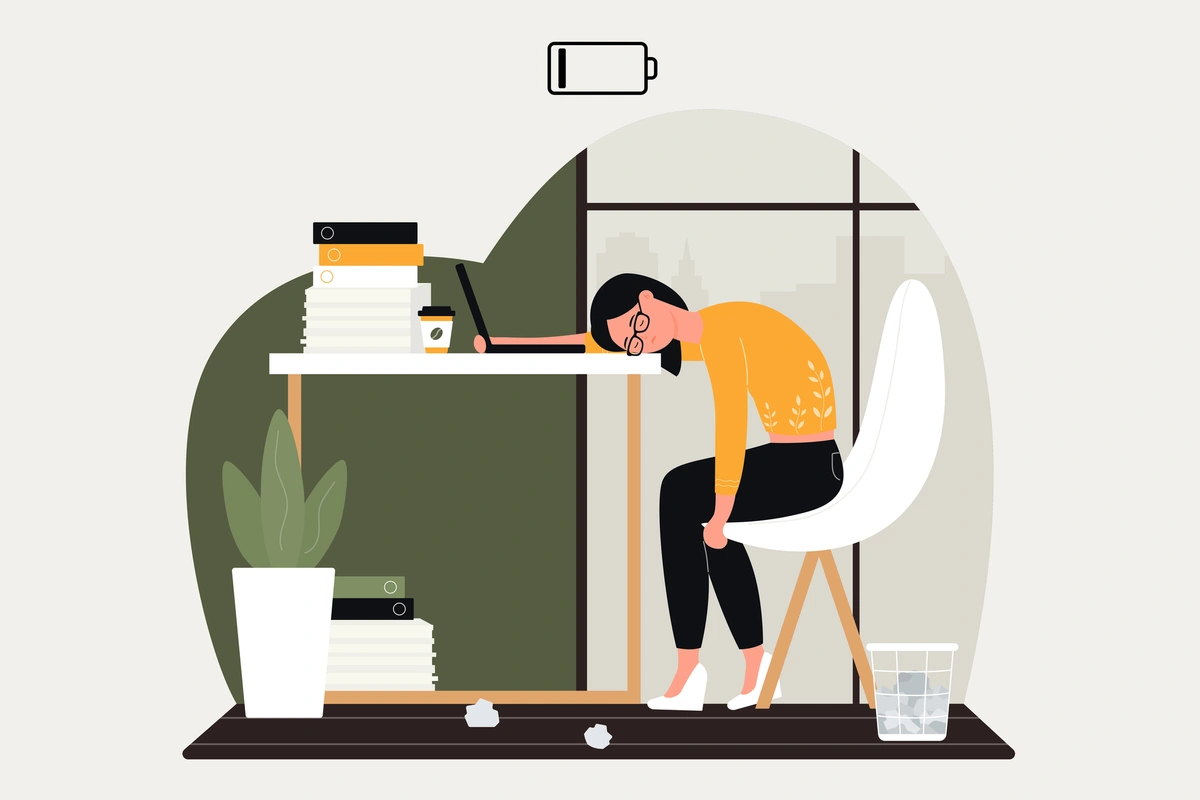Clinician Burnout in Mental Health: How MindMetrix offers relief for a growing crisis

April 1, 2025
The mental health field has always required clinicians to show up with deep empathy, critical thinking, and emotional resilience. But in today’s increasingly complex care environment, mental health professionals are feeling the strain.
The burnout epidemic in mental health
According to the American Psychological Association, nearly 60% of psychologists reported feeling burned out in 2023, with over 40% considering early retirement or reducing their workload due to stress and emotional exhaustion.
A separate 2022 survey by the National Council for Mental Wellbeing found that 78% of behavioral health providers reported experiencing moderate to severe burnout. And the problem isn’t confined to outpatient therapists: psychiatrists, psychiatric nurse practitioners, and social workers across settings are feeling the same pressure.
What’s driving burnout?
- High caseloads and long waitlists
- Complex comorbid presentations that challenge diagnostic clarity
- Increased documentation and billing requirements
- Limited time for each patient interaction
- Pressure to reduce errors in diagnosis and treatment
- Current social, economic, and political landscape
The emotional toll of supporting patients through trauma, depression, anxiety, and other disorders, combined with systemic inefficiencies, creates a perfect storm. Clinicians are asked to make high-stakes decisions with limited time and incomplete information. It’s no wonder so many are burning out.
Diagnostic overload: A hidden burnout factor
Accurate diagnosis is foundational to effective care. But when clinicians are forced to move quickly or rely on incomplete data, they may misdiagnose or underdiagnose, leading to treatment misalignment and more emotional labor over time.
A 2021 study in Psychiatric Services revealed that over 40% of patients with a prior psychiatric diagnosis had their diagnosis revised after a structured evaluation, a reminder of how easy it is to miss nuance under time pressure.
This diagnostic uncertainty can erode confidence and contribute to decision fatigue: key drivers of burnout.
How MindMetrix reduces burnout
MindMetrix was designed by clinicians for clinicians. Here’s how it directly addresses burnout:
- Saves time: MindMetrix transforms the assessment process into a fast, efficient experience. With digital administration, automatic scoring, and diagnostic summaries, clinicians can complete comprehensive evaluations in a fraction of the time it used to take.
- Improves focus: Rather than spending cognitive energy juggling forms and symptoms, clinicians can shift their attention back to the therapeutic relationship. MindMetrix centralizes data into one intuitive report, allowing providers to stay grounded and present.
- Increases diagnostic precision: MindMetrix draws from peer-reviewed psychiatric rating scales and identifies elevated probabilities for more than 60 DSM-5 conditions, helping clinicians flag overlooked conditions, differentiate overlapping symptoms, and feel more confident in their diagnoses.
- Eases mental load: By providing structured, data-backed insights, MindMetrix reduces decision fatigue and helps clinicians feel more supported in their work. It doesn’t replace clinical judgment, but it does sharpen it.
Burnout isn’t inevitable, but support is essential
Burnout in the mental health field is a systemic issue. Clinicians need better tools, not more tasks. If you're ready to reclaim time, clarity, and energy in your clinical work, discover how MindMetrix can best support you.
Sources
- American Psychological Association. (2023). APA Work and Well-being Survey
- National Council for Mental Wellbeing. (2022). Staff Burnout and Resiliency in Mental Health Services
- Zimmerman, M., et al. (2021). How Often Are Diagnoses Changed After a Structured Diagnostic Interview? Psychiatric Services.
Ready to boost your practice?
Try 3 complimentary assessments on us.